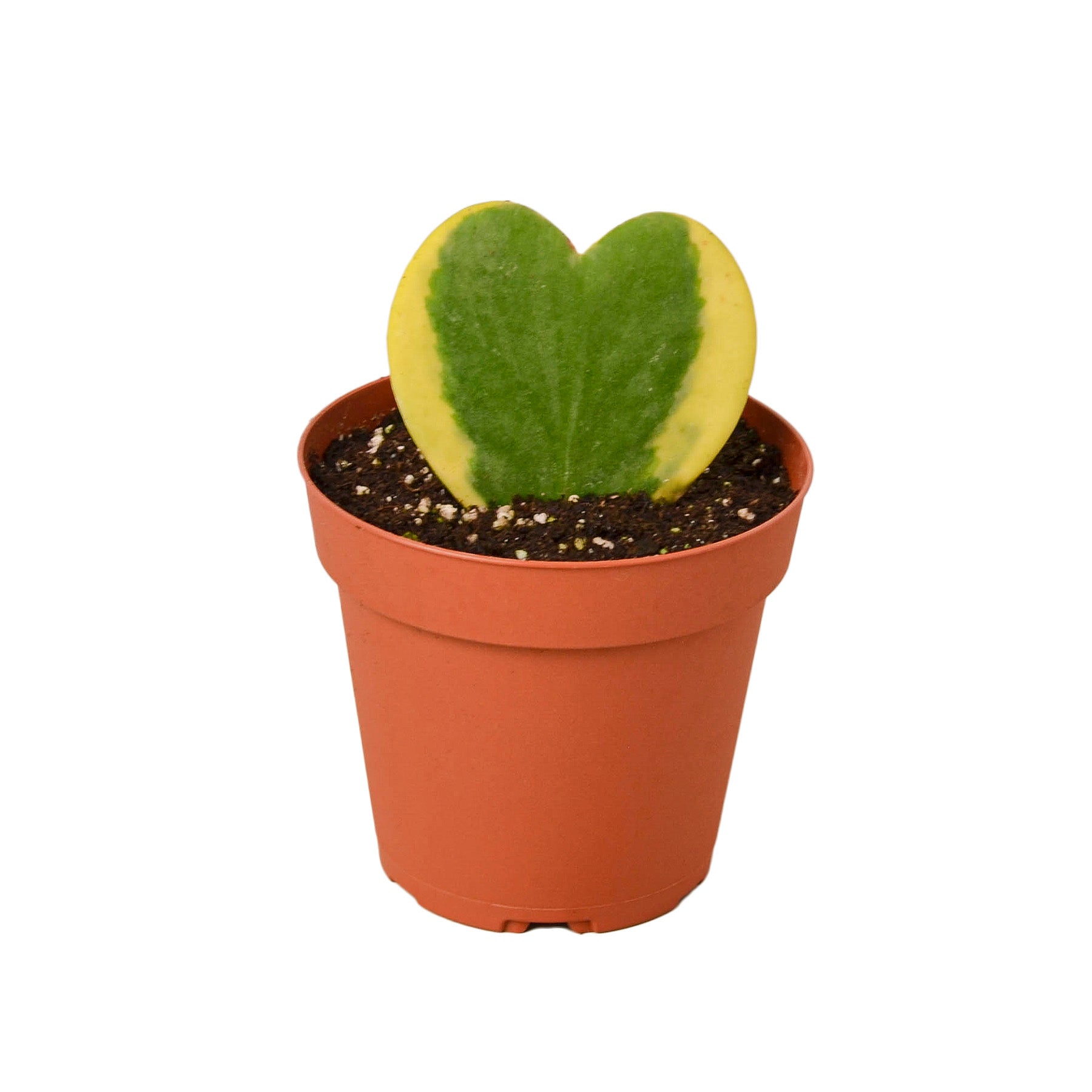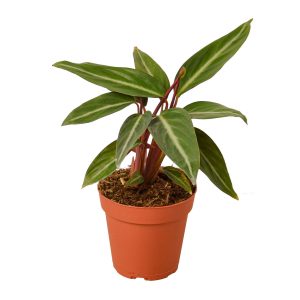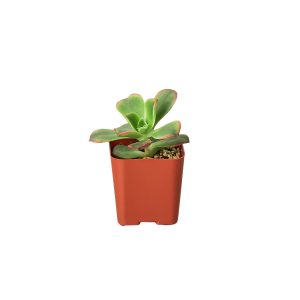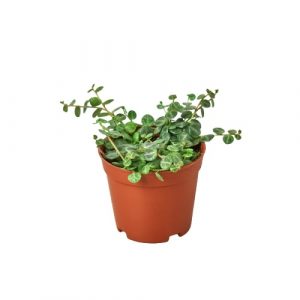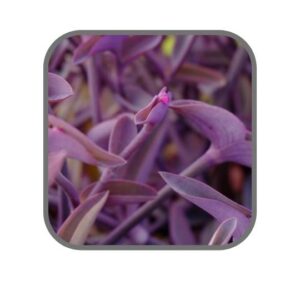Hoya plants are cherished for their unique foliage and stunning, long-lasting flowers. They are well-suited as indoor plants, adding a touch of beauty and charm to any space while being relatively low-maintenance compared to some other flowering plants
The shopping cart has been disabled temporarily due to high demand through our other sales channels. In the meantime, please feel free to take a look at the plants we offer. Thanks!
Hoya Sweetheart Variegated – 4″ Pot
Hoya Sweetheart Variegated – 4″ Pot – Live Tropical Houseplant – Grown in the USA
HEART VARIEGATED HOYA Features
- SIZE: 4" Pot
- Grown in the USA By licensed nursery.
The Heart Variegated Hoya (Phyciosurus variegatus) is a species of plant in the Bromeliad family. It is endemic to Sri Lanka. The specific epithet variegatus is Latin for diversely marked, and refers to the many different coloured spots on the petals. The Heart Variegated Hoya was first collected in 1832 by Major James Emerson Tennent from a locality near Kandy. It was described by English botanist John Lindley in 1843, and named after one of the collectors, Captain Thomas Cuming. In the wild, it grows in scrubby jungle on limestone hillsides. The Heart Variegated Hoya is threatened by habitat loss, and is listed as vulnerable by the IUCN.
Hoya plants are generally considered non-toxic to humans and pets, making them safer options for households with animals or small children.
Light: They thrive in bright, indirect light. Some varieties can tolerate a bit of direct sunlight, especially morning sunlight, but harsh sun can damage the leaves.
Watering: Allow the soil to dry out partially between waterings. Hoya plants prefer well-draining soil and are sensitive to overwatering.
Temperature: They generally prefer average room temperatures between 60-80°F (15-27°C) and can tolerate slightly cooler temperatures.
Humidity: Hoya plants can handle normal indoor humidity levels, but they appreciate slightly higher humidity. Misting can be beneficial, especially in drier environments.
Maintenance:
Pruning: Prune to control the plant's size or encourage branching and fuller growth.
Repotting: Repot when the plant becomes root-bound, usually every 1-2 years, using a well-draining potting mix.
Support: Some Hoya varieties are climbing vines that benefit from supports like trellises or stakes.
Different Species and Cultivars: There's a wide variety of Hoya species and cultivars available. Some popular ones include Hoya carnosa, Hoya kerrii (Heart-leaf Hoya), Hoya linearis, Hoya obovata, and Hoya pubicalyx.
Foliage: Hoya plants feature thick, succulent-like leaves that are often glossy and have various shapes and sizes, depending on the species or variety. Some have variegated foliage, adding to their ornamental value.
Flowers: Hoya plants produce clusters of star-shaped flowers that are waxy and fragrant. These blooms can come in different colors, such as white, pink, red, or yellow, depending on the species.
